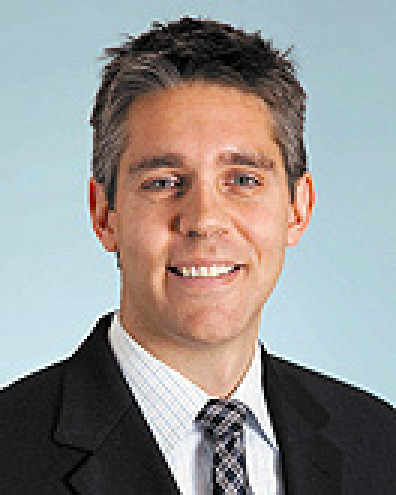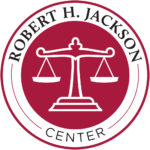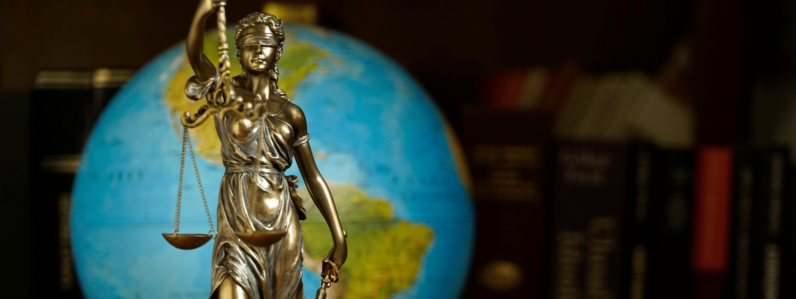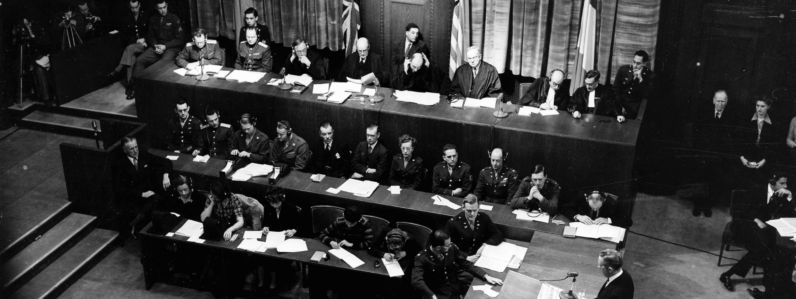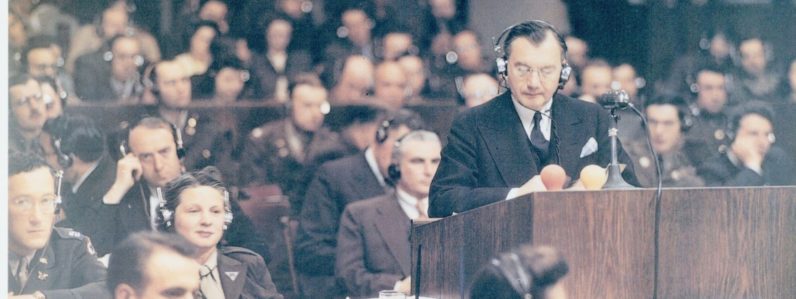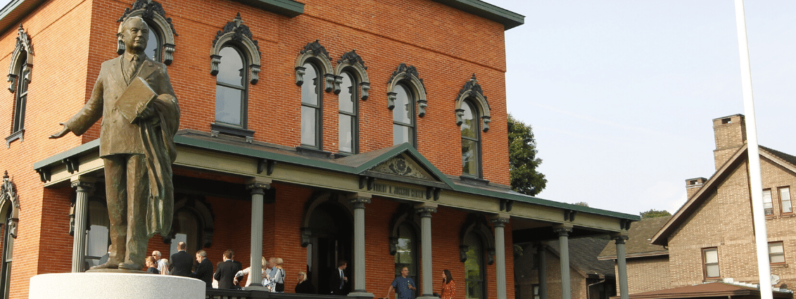"Speech, Free Speech, School Speech"
Keynote Address by Matthew W. Steilen, Professor of Law, SUNY Buffalo Law School
On Monday, September 28, 2015, the Third Annual James Otis Lecture was held at the Robert H. Jackson Federal Courthouse in celebration of Constitution Day. Judge William Skretney of the U.S. District Court for the Western District of New York welcomed students from Hutchinson Central Technical High School and Buffalo Seminary to his courtroom for a program sponsored by the Buffalo Chapter of the American Board of Trial Advocates (ABOTA). The program examined the balance between free speech protections under the First Amendment and the responsibility of educators and students to tolerate certain speech within educational environments.
Mary Beth Tinker, the named petitioner in the landmark Tinker v. Des Moines Supreme Court case that ruled that Warren Harding Junior High School could not punish her for wearing a black armband in school in support of a truce in the Vietnam War, was an invited speaker. Jackson Center Board member and co-founder Gregory L. Peterson, a partner at Phillips Lytle LLP, introduced Ms. Tinker who discussed the similarities of her case to West Virginia State Board of Education v. Barnette, a decision delivered by Justice Robert H. Jackson that held that the free speech clause of the First Amendment protected students from being forced to salute the American flag and say the Pledge of Allegiance in school. The Tinker decision has been cited in more than 6,000 cases involving student rights. Ms. Tinker, along with four other students (including her brother John Tinker) was suspended and told she could not return to school until she agreed to remove her armband. The students returned to school after the Christmas break without armbands, but in protest wore black clothing for the remainder of the school year. Represented by the ACLU, the students and their families embarked on a four-year court battle that culminated in the Tinker decision on February 24, 1969, wherein the Court ruled 7-2 that students do not “shed their constitutional rights to freedom of speech or expression at the schoolhouse gate.” Ms. Tinker, now a registered nurse living in Washington, D.C., travels the country to promote civics education, student journalism and youth rights.
Matthew Steilen, Associate Professor of Law at the University of Buffalo provided the keynote address entitled, Speech, Free Speech, School Speech. His remarks addressed the evolution of free speech from the time the Constitution was written, through the origins of modern-day legal rules protecting subversive political speech to the application of these principles to “school speech” and the Court’s rationale in Tinker. A transcript of Professor Steilen’s remarks is available here.
Started three years ago, the rationale behind the James Otis Lecture Series was to expose Buffalo City School District students to the operations of the court, with a focus on the Constitution. The Lecture is designed to present a constitutional topic in a way that engages students and highlights the subject’s relevance to the area.
Following the presentations this year, students convened in the jury assembly room at the Federal Courthouse for lunch and to break into groups for an hour-long discussion with federal, state and city court judges, law clerks and attorneys.

